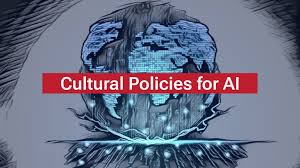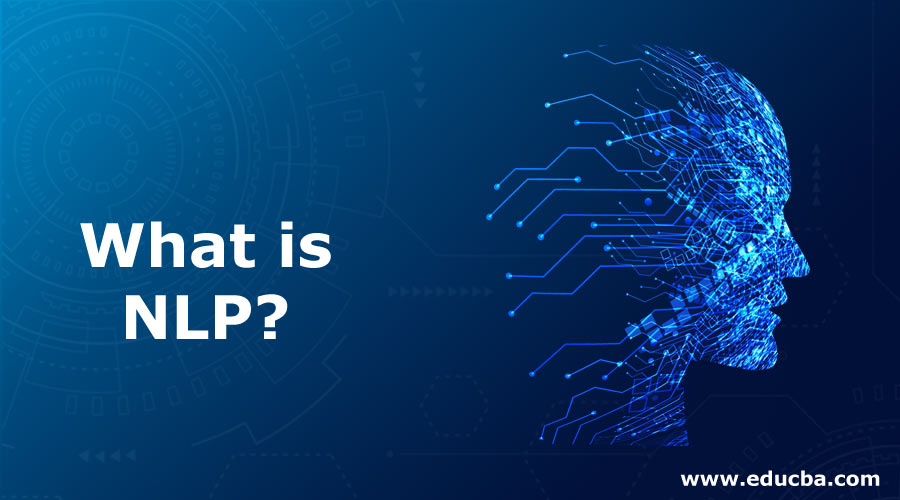The Hindu: Page 08
Syllabus: GS 3: Science and Technology
Practice Question for Mains: Examine the challenges of balancing data demand for AI development with ethical concerns, particularly in the context of data quality and accessibility. How can India leverage its cultural heritage and adopt global best practices to ensure safe and equitable AI development?

Context:
- The future of AI requires balancing regulation with policies promoting high-quality data as a public good.
- Ensuring transparency, equity, and public trust in AI development is crucial.
- Leveraging vast cultural heritage data can enrich AI while fostering innovation and preserving history.
Present Scenario of ‘Data Race vs. Ethics’
- Data Demand vs. Quality: The race for data has intensified as AI systems, particularly Large Language Models (LLMs), require vast amounts of high-quality data for training.
- However, there is a growing concern that this demand may compromise ethical standards, leading to the use of pirated or low-quality datasets, such as the controversial ‘Books3’ collection of pirated texts.
Ensuring Safe and Trustworthy AI
- To ensure safe and trustworthy AI, regulation must be balanced with policies promoting high-quality data as a public good.
- This approach fosters transparency, creates a level playing field, and builds public trust.
Challenges towards the Sources
- Lack of Primary Sources: Current LLMs are primarily trained on secondary sources, which often lack the depth and richness of primary cultural artefacts.
• Important primary sources, such as archival documents and oral traditions, are frequently overlooked, limiting the diversity of data available for AI training.
- Underutilization of Cultural Heritage: Many repositories of cultural heritage, such as state archives, remain untapped for AI training.
• These archives contain vast amounts of linguistic and cultural data that could enhance AI’s understanding of humanity’s diverse history and knowledge.
- Digital Divide: The digitization of cultural heritage is often deprioritized, leading to a lack of access to valuable data that could benefit AI development.
• This gap in data availability disproportionately affects smaller companies and startups, hindering innovation and competition with larger tech firms.
Lessons from Canada and Policy Implications
- Canada’s Official Languages Act: The policy requiring bilingual institutions led to the creation of valuable datasets for translation software, demonstrating the long-term benefits of such initiatives.
- Regional Languages and Technology: Recent debates in Spain and the European Union about adopting regional languages have overlooked the technological benefits of digitising low-resource languages.
Conclusion:
- There is a need to implement robust ethical guidelines and standards for data collection and usage in AI training.
- These standards should ensure that datasets are sourced legally, represent diverse cultures and perspectives, and minimize biases.
- Encourage collaborations between tech companies, governments, and cultural institutions to develop and adhere to these guidelines.
Large Language Models (LLMs)
- Large Language Models (LLMs) are advanced AI systems that can understand and generate human-like text by learning from vast amounts of data, enabling a wide range of language-related applications.
What is Artificial Intelligence (AI)?
- AI is the ability of a computer, or a robot controlled by a computer to do tasks that are usually done by humans because they require human intelligence and judgement.
- Although no AI can perform the wide variety of tasks an ordinary human can do, some AI can match humans in specific tasks.
- The ideal characteristic of AI is its ability to rationalize and take actions that have the best chance of achieving a specific goal. A subset of AI is Machine Learning (ML).
- Deep Learning (DL) techniques enable this automatic learning through the absorption of huge amounts of unstructured data such as text, images, or video.
Artificial Intelligence and India
Industry analysts predict that Artificial Intelligence could add up to $957 billion to India’s economy by 2035. The Government of India has initiated many programmes and initiatives for developing the AI industry in India so that its potential can be fully exploited for furthering the country’s economic and social progress.
- In May 2020, the Government launched the National AI Portal of India (https://indiaai.gov.in/) which is a one-stop digital platform for artificial intelligence-related developments in the country.
• The portal also acts as a knowledge-sharing tool featuring articles, documents, etc. for the use of stakeholders.
• It can also act as a platform for getting information about AI jobs.
- Along with the portal mentioned above, the government also launched the Responsible AI for Youth programme.
• The programme’s aim is to give the young students a platform and empower them with appropriate new-age tech mindset, relevant AI skill-sets and access to required AI tool-sets to make them digitally ready for the future.
• Under this, selected students (of classes 8 to 12) from central/state government schools from all over the country will attend online training sessions on AI, and how social impact projects can be identified and created with the help of AI.
• Based on this, students will submit their solutions through videos, after which they will receive relevant training and handholding to develop their ideas into fruition for showcase on appropriate platforms.
- Global Partnership on Artificial Intelligence (GPAI)
• In June 2020, India became a part of the GPAI.
• GPAI is an international and multi-stakeholder initiative to guide the responsible development and use of AI, grounded in human rights, inclusion, diversity, innovation, and economic growth.
• The grouping aims to bridge the gap between the theory and practice of AI.
- India’s AI strategy is known as “AI for All”.
• It focuses on responsible AI, building AI solutions at scale with an intent to make India the AI garage of the world — a trusted nation to which the world can outsource AI-related work.
• It emphasizes inclusive development through the use of AI technologies.
- From 2020 onwards, CBSE has integrated AI into the school curriculum.
Potential of AI
Artificial Intelligence has the potential to provide sizeable incremental value to a wide range of sectors globally and is expected to be the key source of competitive advantage for firms.
- Healthcare: AI plays an important role in the field of healthcare by addressing issues of high barriers particularly in rural areas that lack poor communication and a professional healthcare system. Some of the emerging application includes AI-driven diagnostics, personalized treatment, early identification of potential pandemics, and imaging diagnostics.
- Agriculture: AI has a major role to play in driving a food revolution and meeting the increased demand for food. Applied AI addresses challenges such as lack of assured irrigation, inadequate demand prediction, excess use of pesticides, fertilizers, and fungicides. Some uses include improved crop production through advanced detection of pest attacks, prediction of crop prices, and real-time advisory.
- Transports, Logistics, and Smart Mobility: This domain mainly includes various autonomous and semi-autonomous features, for example, monitoring and maintaining a predictive engine along with driver-assist. Other applications of AI include improved traffic management, autonomous trucking, and delivery.
- Retail: Being one of the early adopters of AI solutions, it provides applications such as developing user experience by personalized suggestions, image-based product searches, and preference-based browsing. Other uses include customer demand anticipation, improved inventory management, and efficient delivery management.
- Manufacturing: It can enable ‘Factory of the Future’ through flexible and adaptable technical systems to facilitate various processes and machinery to respond to unfamiliar or unexpected situations by making smart decisions. Impact areas include engineering, supply chain management, production, maintenance, quality assurance, and in-plant logistics and warehousing.
- Energy: Potential use of Artificial Intelligence also includes modeling and forecasting of the energy system to reduce unpredictability. Artificial Intelligence also focuses on increasing the efficiency of power balancing and enabling the storage of energy in renewable energy systems. This process uses smart meters to enable intelligent grids, thus, improving the affordability and reliability of solar energy. Apart from these, AI may also be deployed for predictive maintenance of grid infrastructure.
- Smart Cities: Incorporation of applied AI in developing cities could also help in meeting the demands of a rapidly growing population and providing them with enhanced quality of life. Traffic control for reducing congestion enhanced security by providing improved crowd management are some of the potential uses of AI systems.
- Education and Skilling: AI plays a major role in the Indian education sector by providing solutions for quality and access issues including augmentation and enhancement of the learning experience through personalized learning, automating and expediting administrative tasks, and predicting the need for student intervention to reduce dropouts or recommend vocational training.










